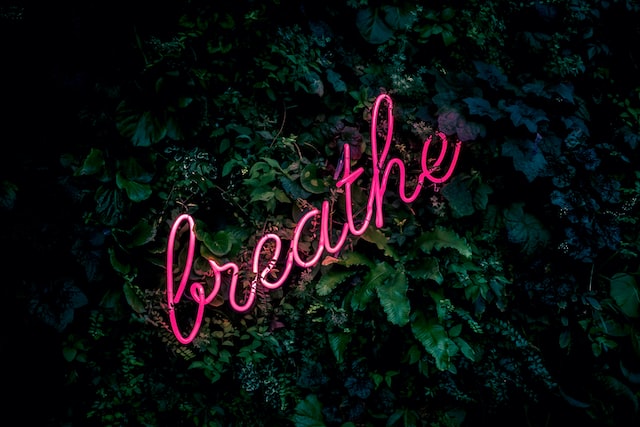Doomscrolling: What Is It and Why It’s Harmful

We get it — juggling careers, families and personal well-being can be overwhelming. In today’s digital age, we’re constantly bombarded with information. Imagine you’re just scrolling through your phone and all you see are bad news, stories, scary headlines and negative posts. That’s what you can call “doomscrolling” or “doomsurfing.” Doomscrolling messes with your emotions by making you anxious, stressed and even helpless due to the constant exposure to bad news. It can desensitize you, making you care less about real-world problems and lead to feelings of sadness. It’s time to break free from this cycle and start enjoying a more positive online experience. What is Doomscrolling? Doomscrolling or doomsurfing is the habit of endlessly scrolling through negative or distressing news and social media posts.…







